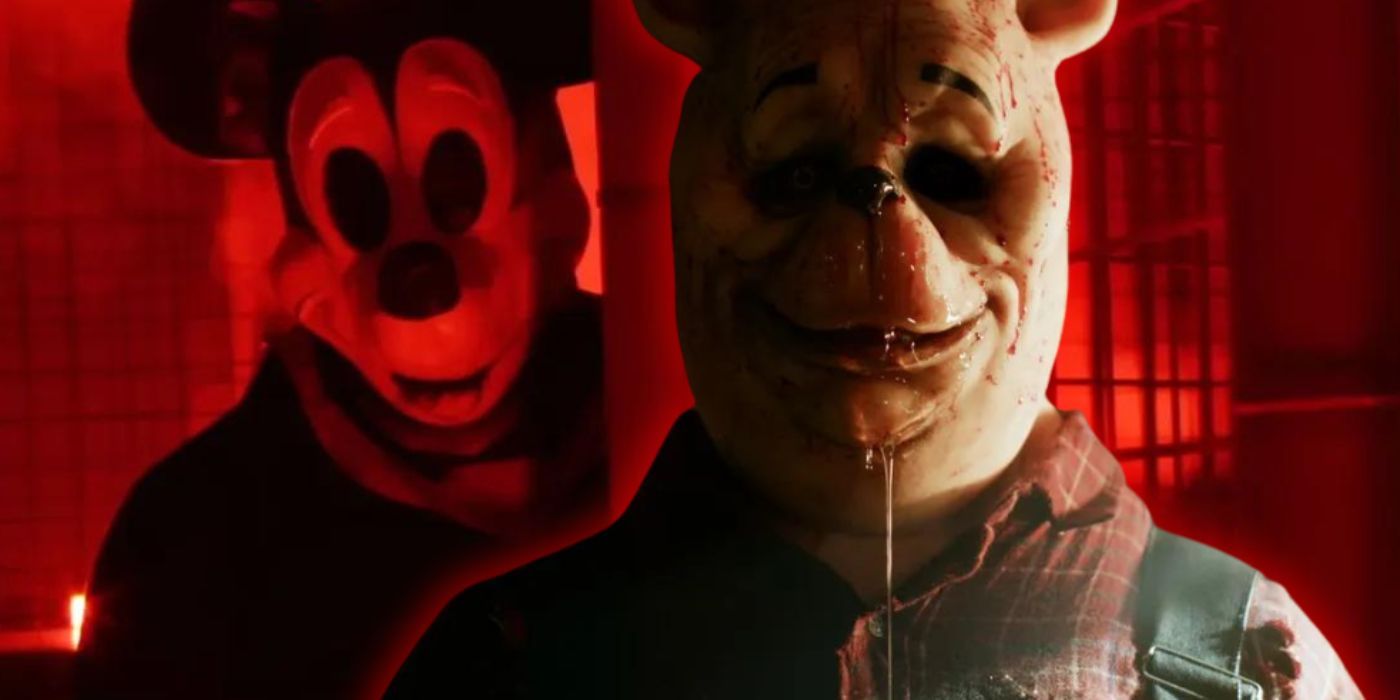There’s a brief setup featuring Michelle N. Carter as the social worker handling the details of the meeting, and Breeda Wool as a woman who works at the church, and is helpful to the point of being unnerving, but the vast majority of the film consists of the four main characters doing the hard work of confronting the unspeakable. The results are never less than riveting, and there are multiple moments—democratically distributed among the four leads—that are as good as screen acting can get.
Although “Mass” is an original work written for the screen by its director, actor Fran Kranz—in his feature filmmaking debut—it has the feel of a stage play or live TV drama that was subsequently adapted for the big screen, during an era when people would happily pay to see theatrical films about adults in the real world, dealing with life-changing events that could actually happen. Film buffs may be reminded of such claustrophobic stage-to-screen classics as “Days of Wine and Roses,” “Marty,” “12 Angry Men,” “Vanya on 42 St.” and “Glengarry Glen Ross.” The film’s excellence in every department earns these comparisons.
From the moment that Plimpton and Isaacs’s characters, Jay and Gail, arrive at the church, tension starts coiling up, and you just know that when it’s finally released, it’ll be something to see. Plimpton, a 1980s youth star whose character actor phase has been consistently fascinating, captures the buried rage of a mom whose agony over losing a son in an act of obscene violence was magnified by the frustration of seeing the parents of the perpetrator protect themselves from legal and financial blame on the advice of legal counsel. From the second that she appears onscreen, you expect her to explode at some point; her exasperated and openly hostile expressions as the other couple obfuscates, minimizes, qualifies and otherwise tries to tamp down the tension in the room are all little masterpieces of reactive acting. Isaacs, however, catches up with Plimpton, as we start to discern that, even though Jay carries himself as a “voice of reason”-type who has done the right reading and consulted the right experts and thinks of himself as a mediator between his wife and the rest of the world, he’s sitting on a megaton of anger himself.
Dowd’s Linda and Birney’s Richard initially come across as representatives of a specific type of middle American suburbanite, with a placid, peaceful-yet-resolute demeanor that reads as conciliatory and sensitive but that pretty soon starts to seem condescending and self-protecting. You see their vibe rather often among reactionaries who’ve figured out how to come across as presentable when dealing with people outside of the tribe.
Richard, the only character dressed formally, warns Jay and Gail at the top of their meeting that he has somewhere to be, and spends much of the first third of the sit-down seeming as if his main goal is to deflect blame from himself and his wife. He keeps reminding the others that this is a complicated situation and that the tragedy has many possible causes, that it’s not possible to reduce it to any one problem, and soon enough you’re rolling your eyes along with Gail, because it seems as if Richard has come to this meeting with a bad faith attitude, and cares mainly about not saying or doing anything actionable (even though both couples signed papers stating that they wouldn’t use anything said in that room for legal purposes).
You can view the original article HERE.





























